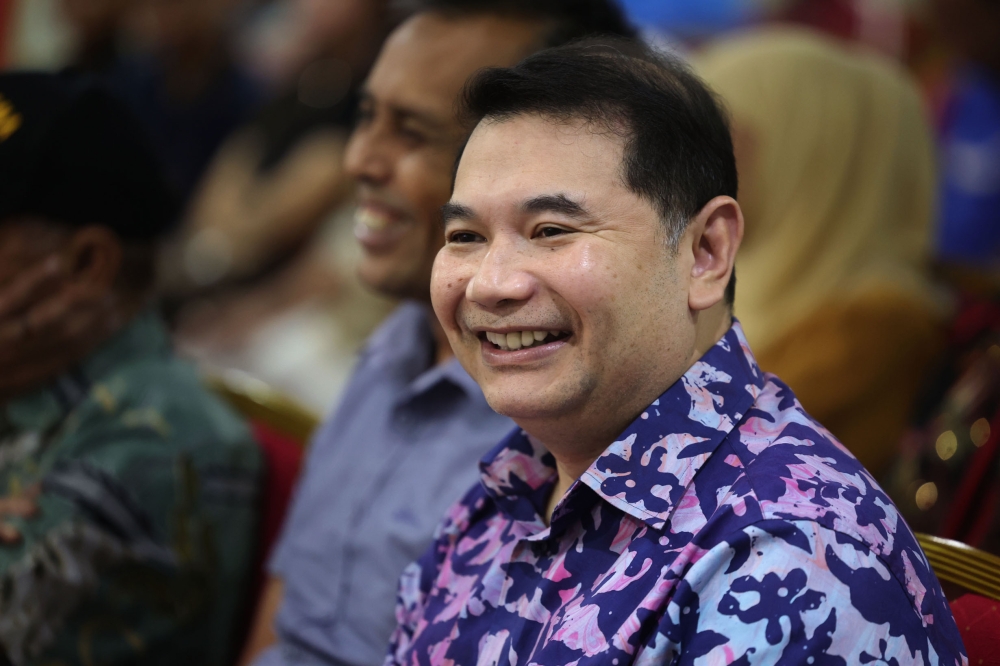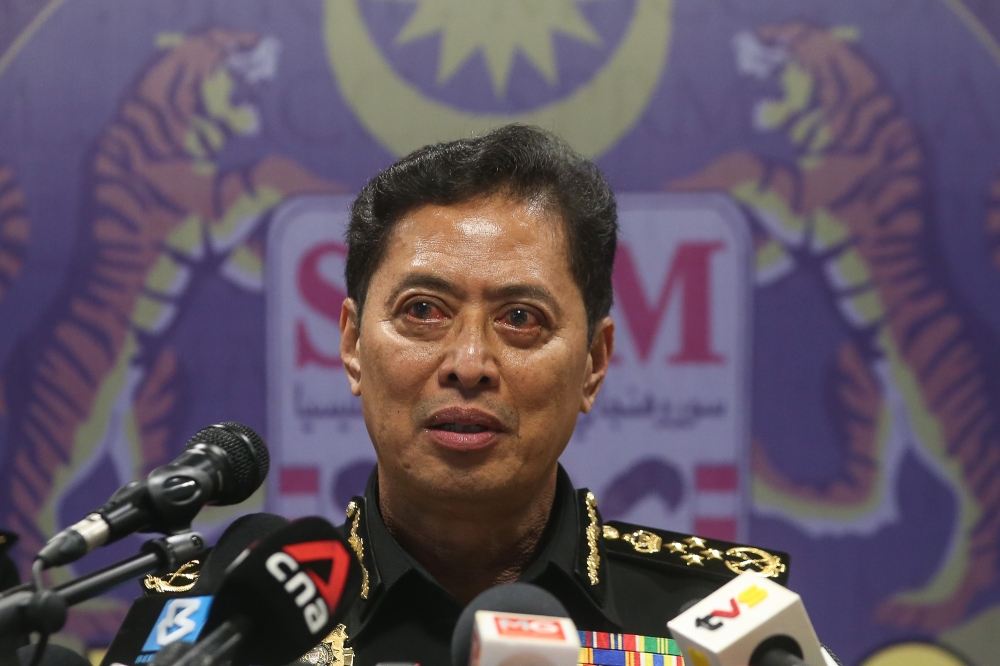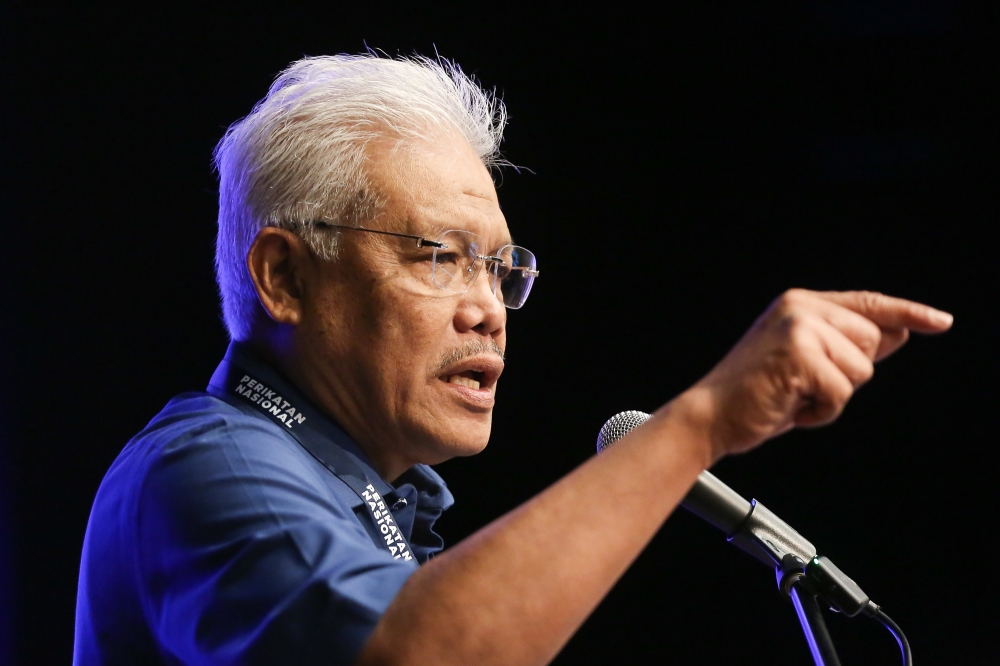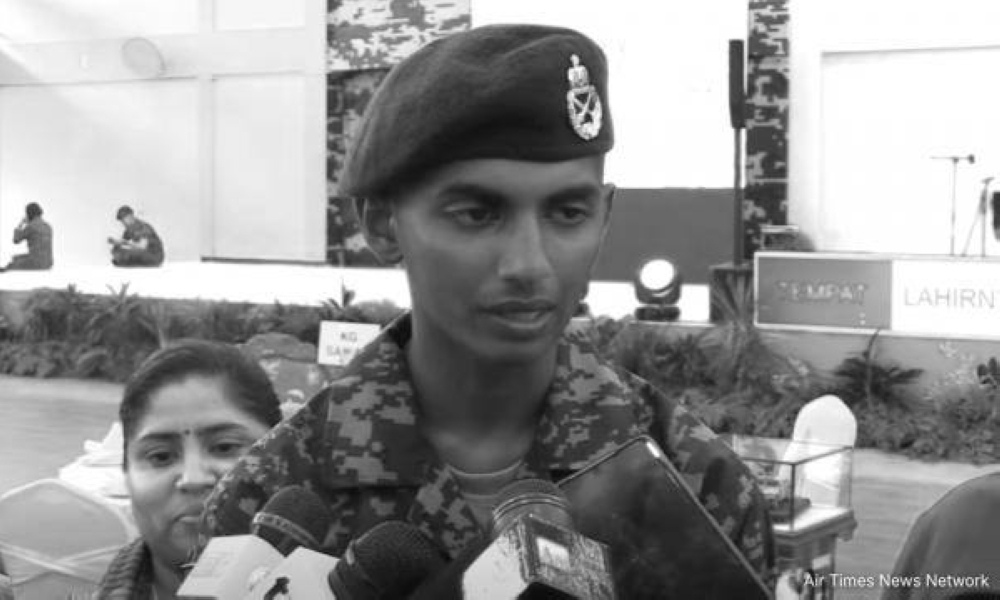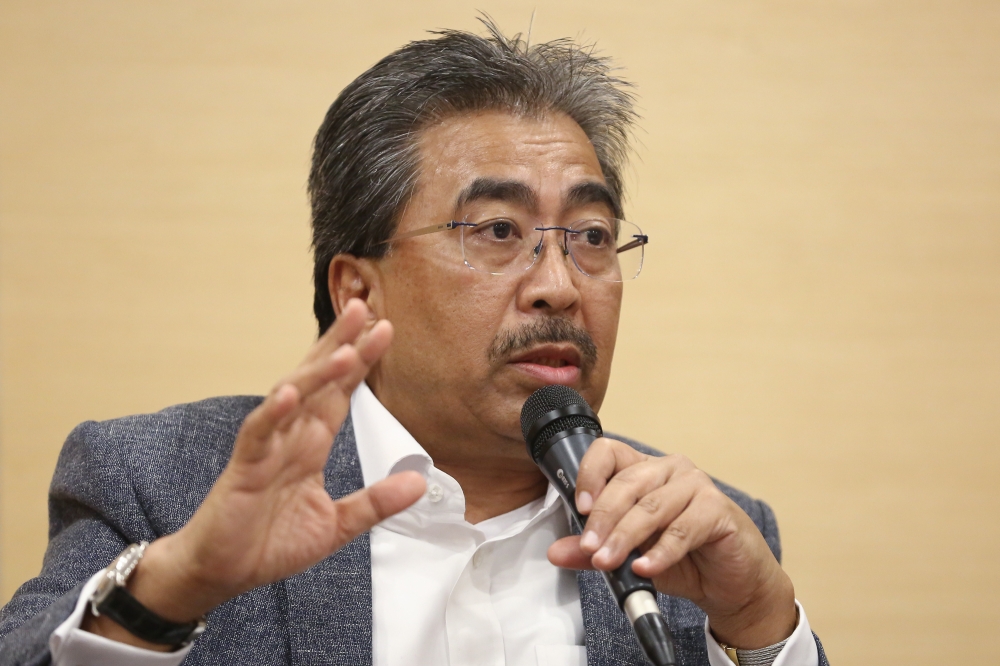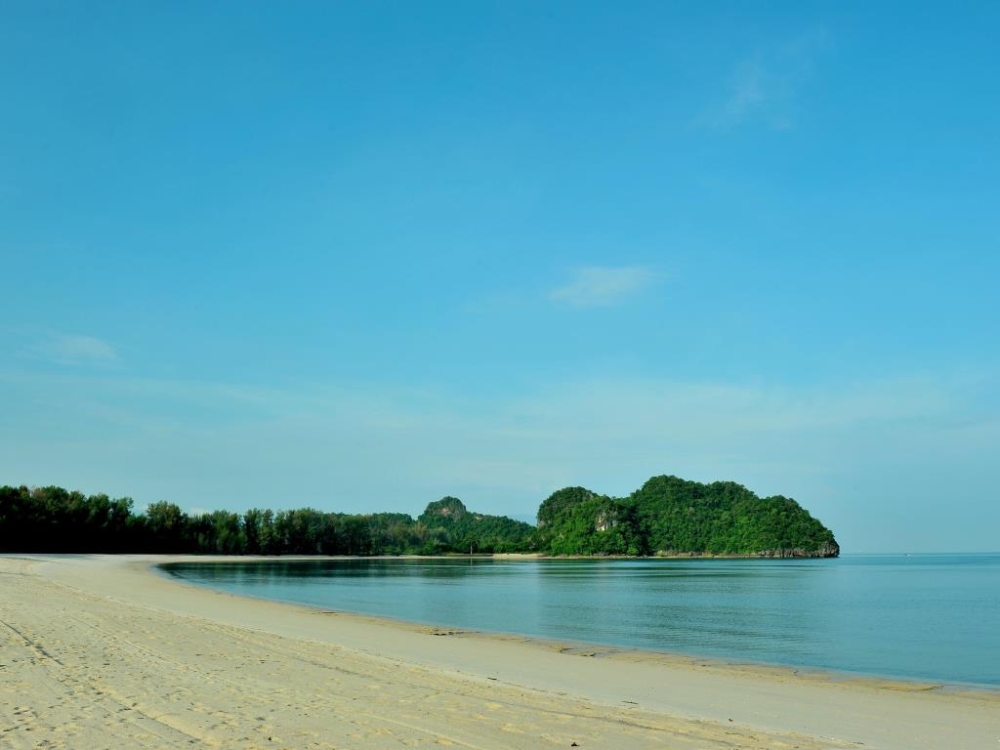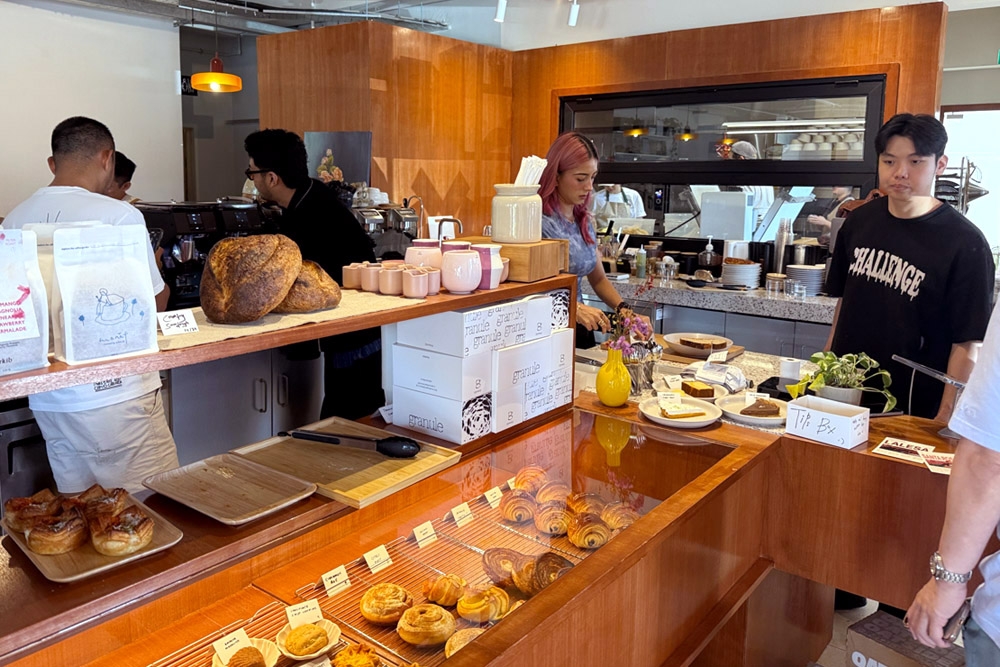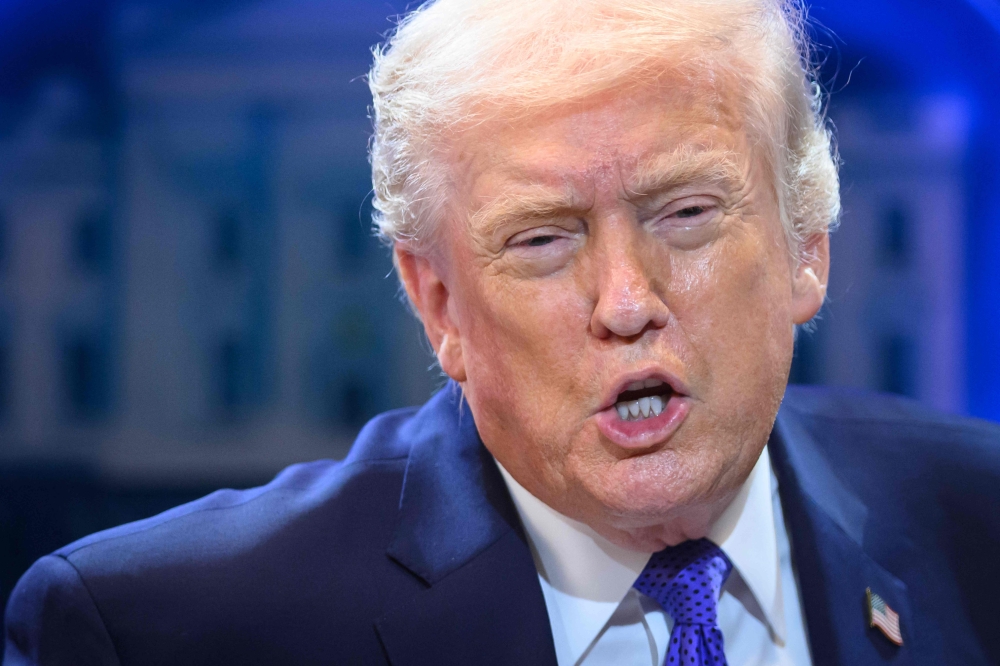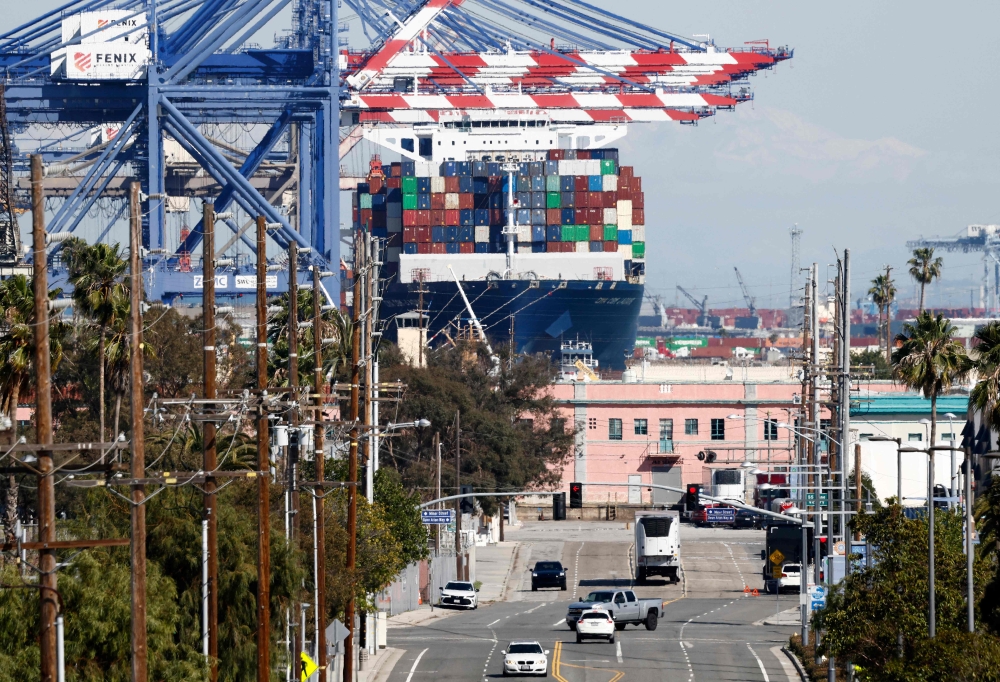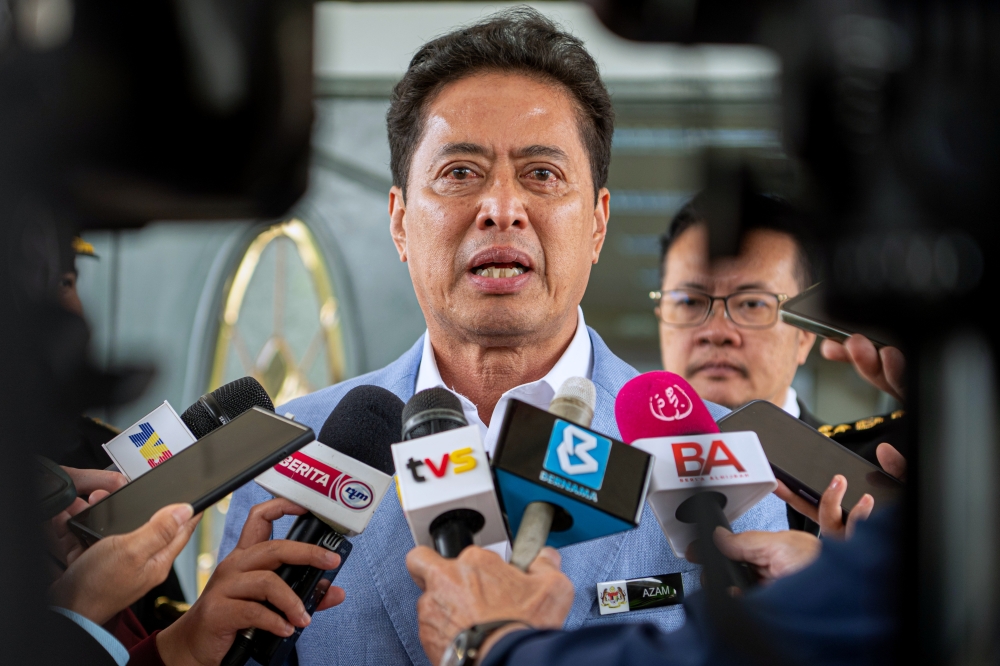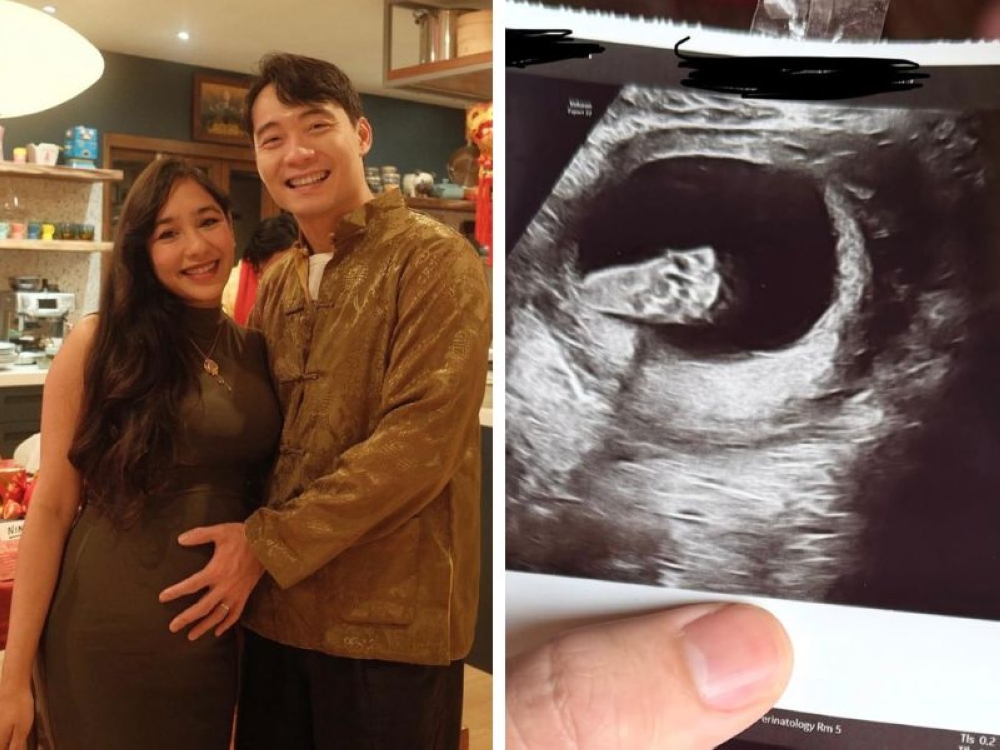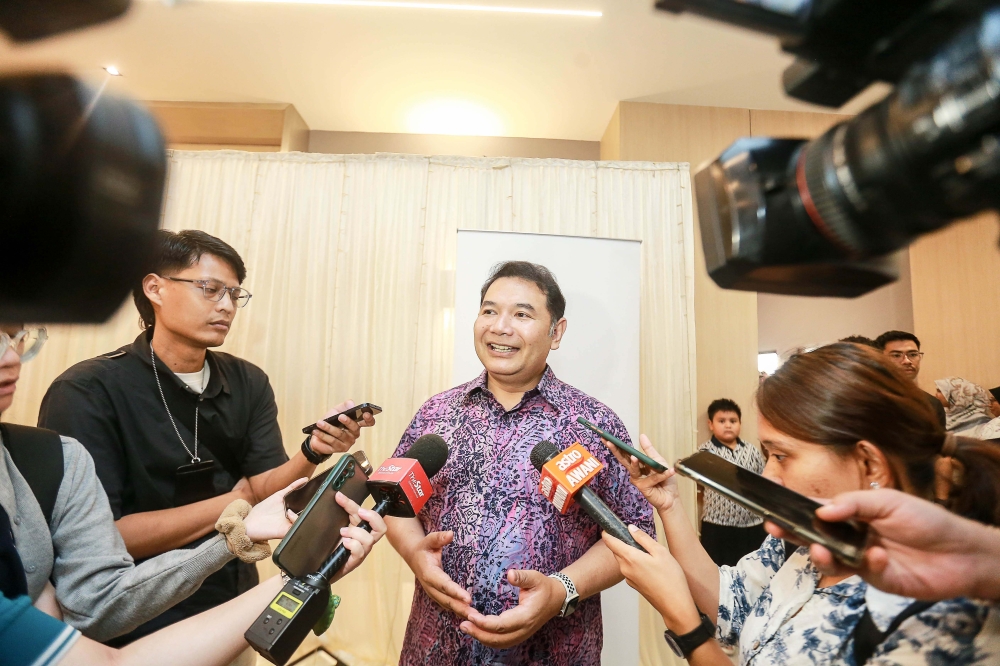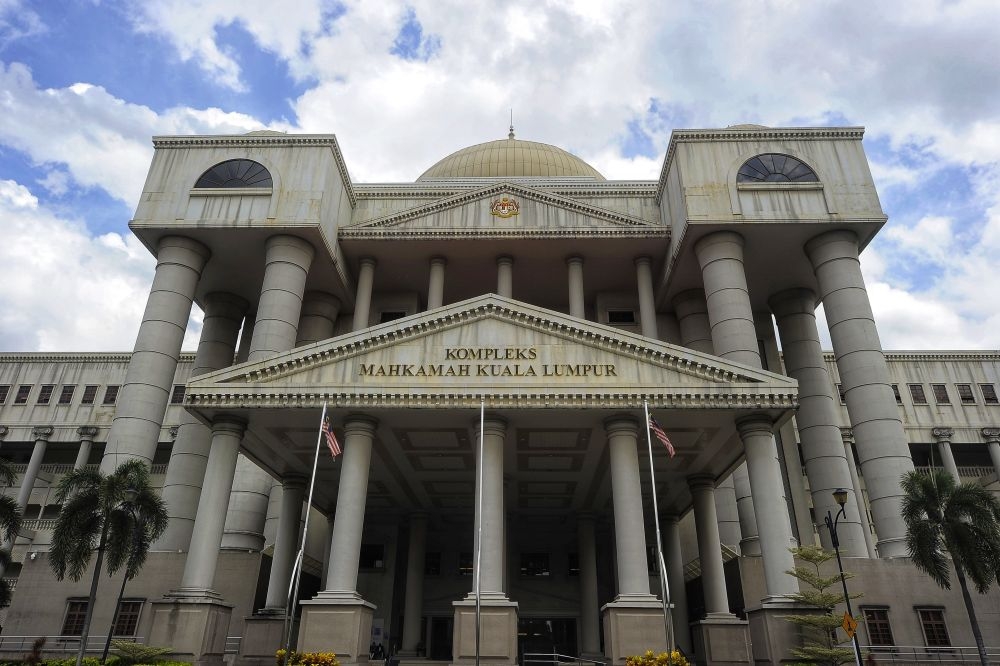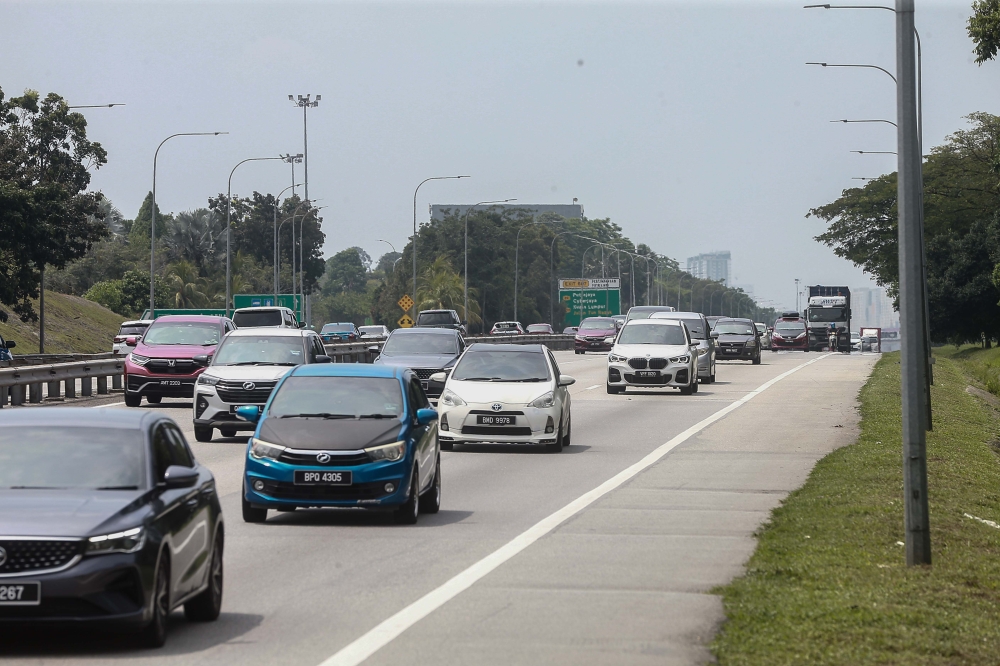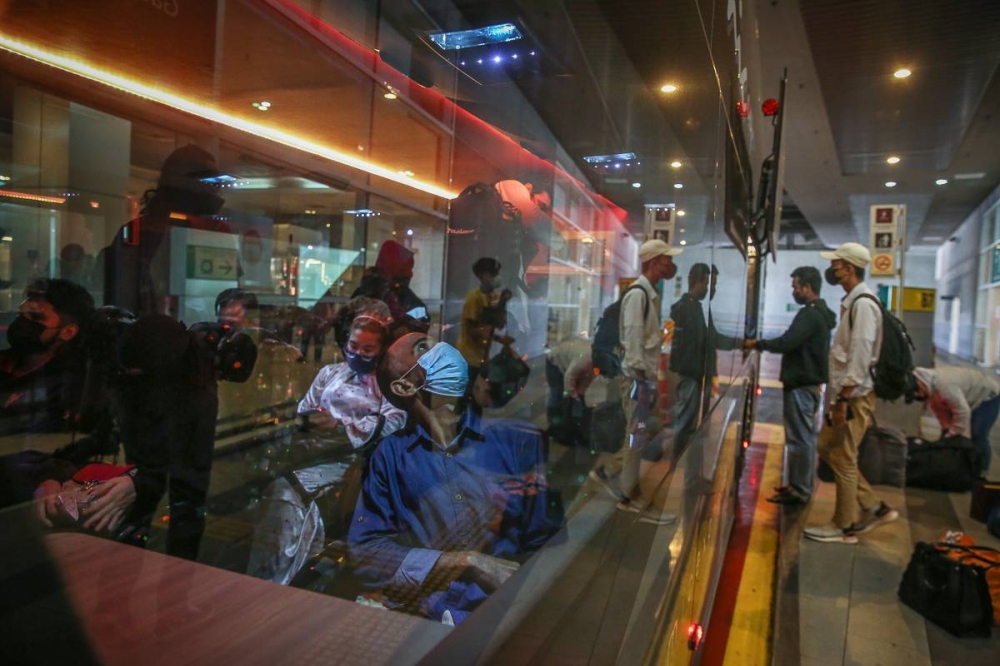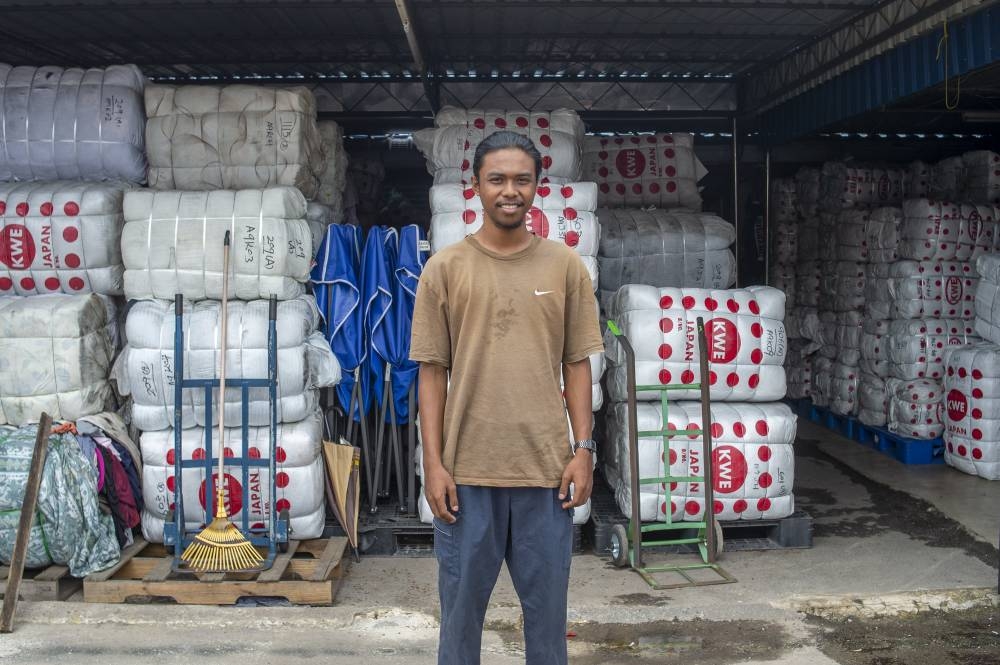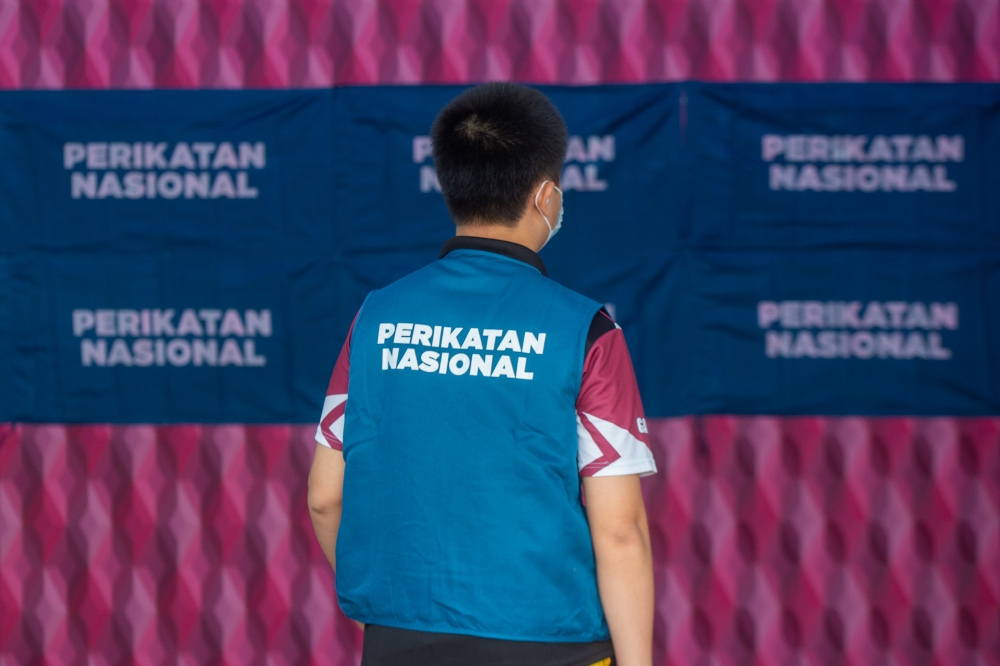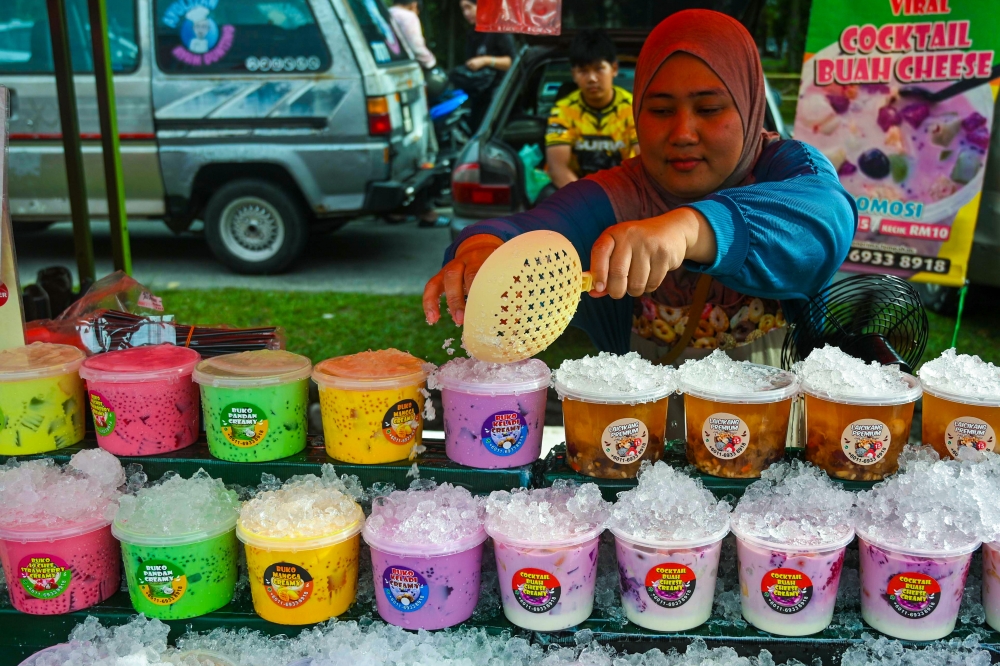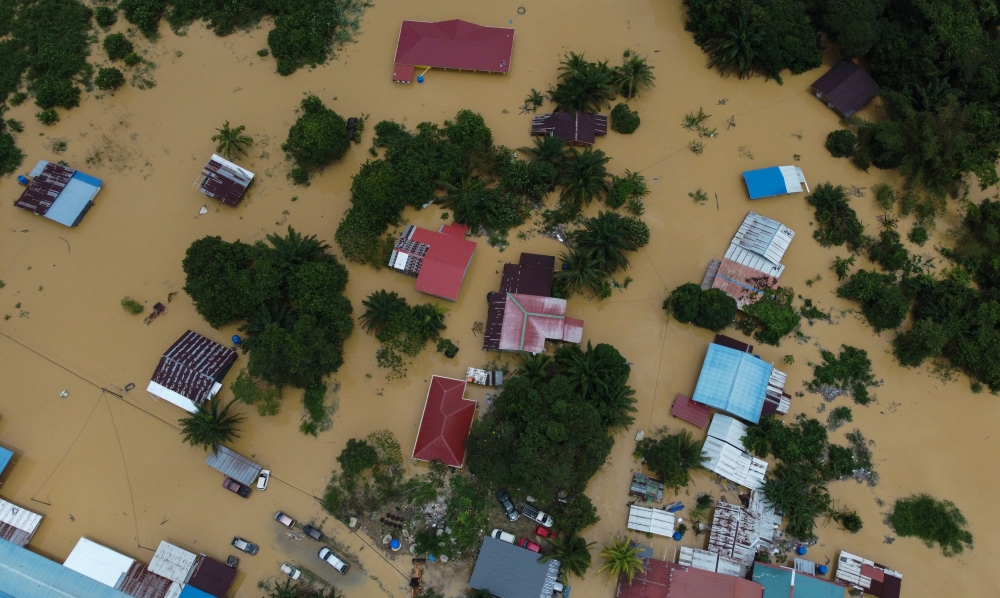KUALA LUMPUR, Nov 15 — The reception received by Kuala Lumpur and Selangor Chinese Association Hall (KLSCAH) for its free bus programme, jointly organised with Sayangi Kinrara and SKLHA Youth, was so overwhelming that they had to add buses to the planned routes.
“We heard that there is demand for the buses because people cannot get buses to go back to their hometown,” vice president of KLSCAH Civic Rights Committee Siah Kwong Liang told Malay Mail, explaining the purpose behind the service which will aid many voters in the 15th general election (GE15) in returning to vote.
Due to issues such as lack of transportation and fears of traffic jams clogging the highways, many young Malaysians are utilising the service to travel back home to cast their vote.
Democratic duty
A few of these passengers are keen to vote because they see it as a democratic right and choosing to not exercise it could be to the detriment of the country.
Many have chosen to keep their original IC addresses in other states due to being confident that they will eventually return to their hometowns, resulting in a long journey for those who live further away from the Klang Valley in the pursuit of their choice to cast a vote.
Khor Huoi Min said that she had issues with transportation going back to her hometown in Taiping because Keretapi Tanah Melayu Berhad (KTMB) Electronic Train Service (ETS) tickets were sold out.
The 25-year-old, who hopes to make a difference with her vote, said that she also judged it to be too troublesome to drive up north as she anticipates heavy traffic.
“Someone saw the poster and shared it with me so I tried to apply,” the first-time voter said.
As for why she will be voting, she said that her single vote could make a difference, the same as with the votes of anyone else.
“I may just be one person with one vote but if everyone else thinks the same way we could change the country,” she said.
Muhammad Syarafuddin Jaffar, 19, who will be travelling back to Johor Baru to cast his vote, said that he is willing to make the journey back, helped by the free bus ride, in order to make a difference with his vote.
“I want to be a responsible youth for the betterment of Malaysia,” he said.
But to 20-year-old Nur Alisa Erin Jusrizal, voting is something that is necessary for all citizens to do and not an optional right.
“This could make Malaysia better and this is for the country,” she said.
What are you voting for?
A few also brought up concerns related to the country’s economy, with Tan hoping for a stronger country that can lead to a strong ringgit.
“I’m voting for a better Malaysia. If our country is stronger then our ringgit will be stronger too,” he said.
Muhd agreed, saying that he wants better economic growth, but added that he would like the government formed after GE15 produce long-term strategies instead of short-term ones.
He also said he wants “a stronger democracy and more judicious sharing of wealth and income”.
Khor also said she hopes that the new government would prioritise the development of a better economy.
Political stability and corruption were important matters too and a few expressed hopes for the country’s politics to take a cleaner turn.
Nur Alisah said she wished politicians would stop “playing dirty” and work on solutions.
She does not consider herself politically literate, but what she hears the people around her talk about is the misuse of power by those on top.
On the other hand, Muhammad Syarafuddin felt that voting is something he has to do to be a “responsible” citizen, especially since he is one of those who were affected by the Undi18 movement which resulted in Malaysia rolling back age restrictions for voters to a minimum of 18 years.
“Voting is our chance to stand up for the issues that we care about like affordable housing, economic justice, environmental protection, and quality education,” he said.
To him, voting is an avenue through which Malaysians can take a stand for the betterment of the country.
“I believe in social equality where people are respected equally and don’t face discrimination.
“I believe in the nation’s obligation to take honour from their environment, making nature a priority to preserve and protect,” he said, hoping that his vote will result in a government that shares his beliefs.

